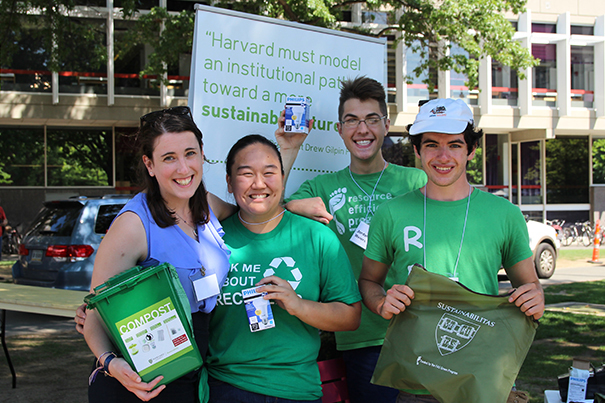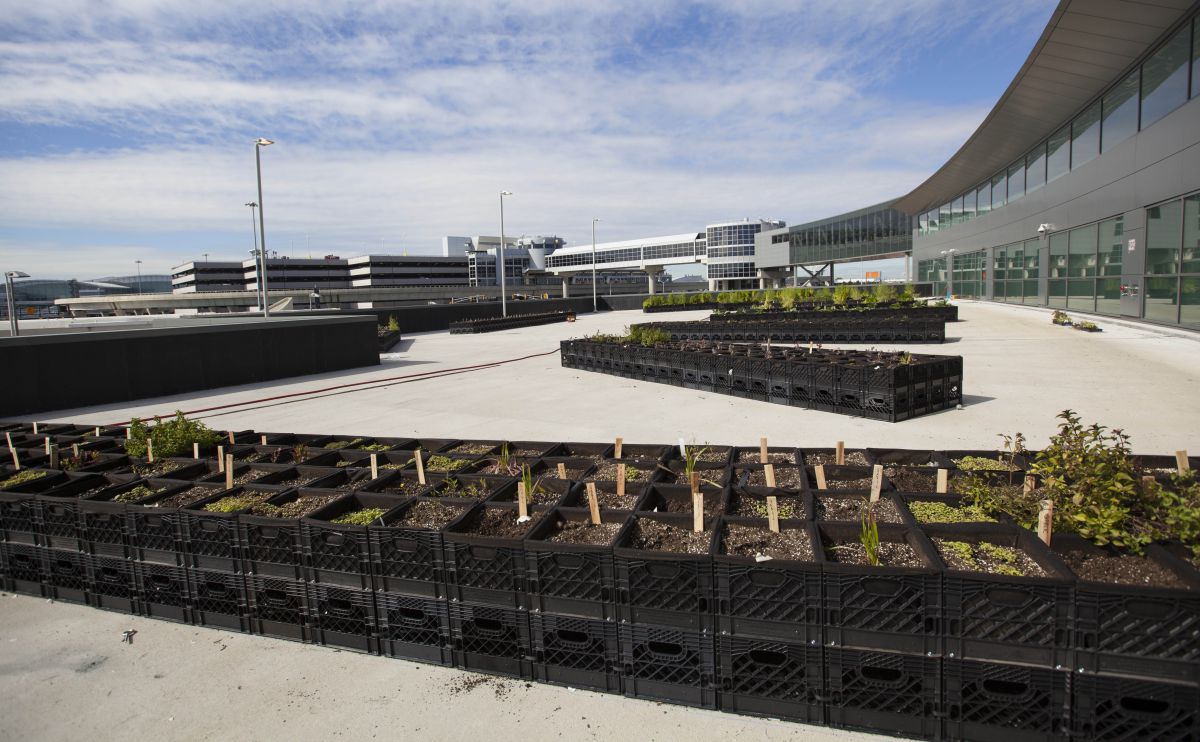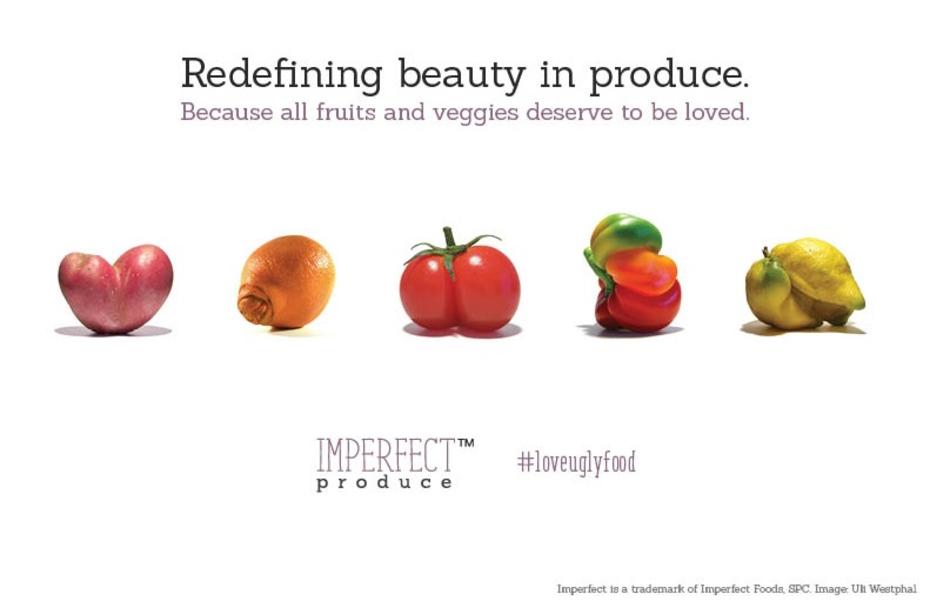These days, it’s easy to make yourself more privy to all the negative effects of mankind on Mother Nature, rather than celebrating the positive ones. That’s where we come in!
This month, we’re taking note of the issues that exist, but shedding light on the folks who have jumped into action in a great way. Happily, we’re here to report there’s quite a bit going on to curb the food waste problem, as well as other environmental issues that plague us. Here are some noteworthy highlights:

1. United Nations Leading the Way
A lunch served to 30 world leaders at the United Nations was made almost entirely from vegetable scraps, rejected fruit, and other food waste. The meal was served after the UN announced its Sustainable Development Goals for the next year, which included halving global food waste at both retail and consumer levels by 2030.
The two chefs responsible for the meal told AFP “they created the lunch for world leaders from food waste to make just such a point.” Sam Kass, a former White House chef and Dan Barber, the co-owner of New York restaurant Blue Hill, were the architects of the meal.
2. Plastic Bag Bans
Though seemingly difficult from a federal standpoint, plastic bag bans are slowly breaking through on the local level. Plastic bags take a tremendous amount of resources to create, and after only one use, they’re relegated to years in a landfill. On a small scale, the bans are passing and the education about the benefits of reusable bags is going a long way. Portland is leading the way with a recently passed ordinance calling for most retailers to charge .05 cents for each single-use plastic or paper bags. Learn more on the bag ban here.
3. City Curbside Composting

Composting is typically the best way – at the home level – to deal with food waste. Correctly composting food scraps and other biodegradable materials keeps trash out of landfills and, even better, creates a nutrient-rich soil perfect for gardening. But composting isn’t always easy, especially for those in urban environments. Some cities are fixing that. Places like Denver, Portland, and San Francisco are making it easy for urbanites to contribute by offering curbside pick up of compostable materials and taking them to facilities where they can be composted properly.
Harvard instituted a composting program, where incoming freshman receive a composting bin as apart of their move-in day. The university has compost collection posts throughout campus and the school itself composts or recycles all their food waste.
4. Urban Gardening on the Runway

JetBlue is making headlines with its urban farm in the JFK airport. The company has set up a 24,000 square foot farm just outside of Terminal 5 in one of the country’s most traveled airports. The farm is set up on concrete, so without natural soil, containers or planters are a must. The beds are made of 2,300 plastic milk cartons bolted together, with mulch for soil, made from composted food waste donated by restaurants. With crops like potatoes, fennel, rosemary, and arugula, the garden’s harvest will eventually be sold to some of the vendors in Terminal 5 (farm to terminal, anyone?), as well as donated to local food banks. It’ll also serve as an education tool where students can visit, work and learn about urban farming.
5. Schools Keep it Local. Very Local.
Public schools across the country are starting to get involved in the sustainability effort too. In fact, many states have implemented gardening programs, where much of the school’s harvest is either donated or used for school lunches, immediately upping the nutritional value. Schools have also segmented more of their budget to buy food locally.
Impressive Public School Programs, by state:
- In Nevada, 100% of public school districts have edible gardens.
- In Vermont, 81% of districts have edible gardens, while 16% of the food budget is spent locally.
- Louisiana, Oregon, and California have similar farm-friendly programs.
We love what the Whole Kids Foundation is doing to help promote this effort. Nicely done!

6. Looks Aren’t Everything
Imperfect Produce: the company that delivers imperfect produce (too large, too small, just plain ugly), salvaging what would be typically considered food waste, and selling it at 30% discount. This means fresh, locally sourced produce delivered right to your home or office that costs less than an average trip to the grocery store, and keeping otherwise good fruits and veggies from going to waste just because they’re not picture-perfect.
It’s important to recognize what people are doing, on both the small and large scale to combat some of the biggest stressors to our environment. Because if they can do it – so can you. It may not fix the problem immediately, but it’s a step in the right direction.
Want more health hacks and wellness insights? We got you covered. You'll also receive a code for 15% off your first order!

